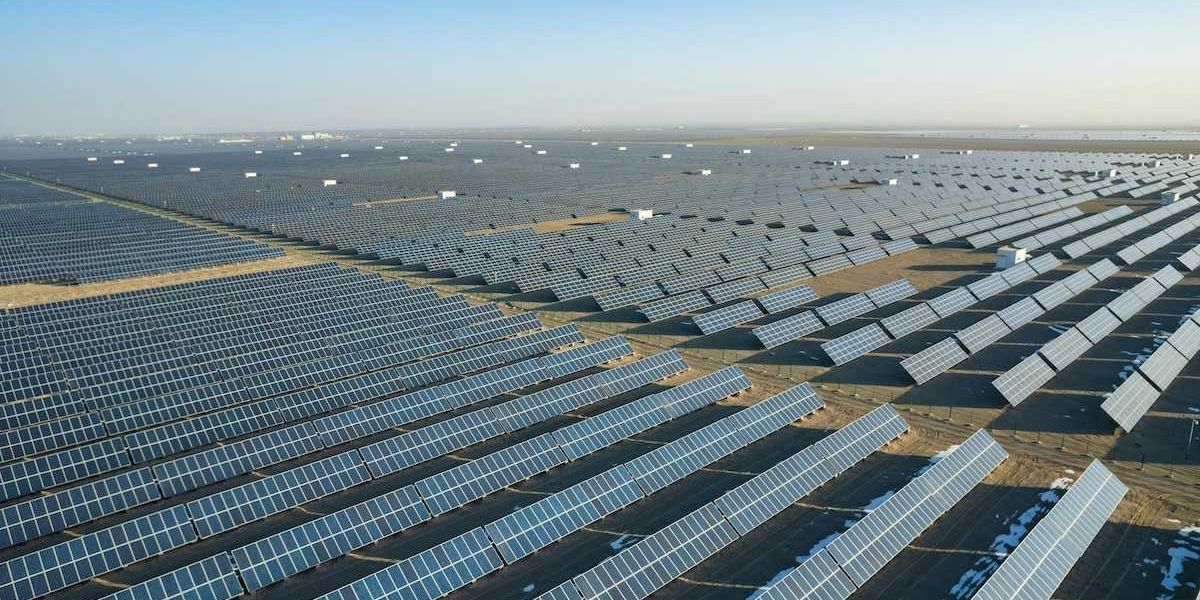bitcoin
Bitcoin mining threatens Texas power grid stability
Granbury, Texas, residents and lawmakers express growing concerns over the impact of a local Bitcoin mine on noise pollution and the state's power grid reliability.
In short:
- Cheryl Shadden, a Granbury resident, suffers from severe noise pollution caused by a nearby 300-megawatt Bitcoin mining facility, leading to permanent hearing loss.
- Texas lawmakers warn that the increasing power demand from cryptocurrency mines could destabilize the state’s electrical grid, especially during peak usage times.
- The Electric Reliability Council of Texas (ERCOT) estimates that additional electricity demand from such facilities will significantly rise by 2027, potentially worsening grid stability.
Key quote:
"They’re going to put our grid at risk because of the power they’re drawing."
— José Menéndez, Texas State Senator
Why this matters:
Bitcoin mining is notoriously energy-intensive, and with Texas already experiencing grid vulnerabilities, many worry about the additional strain this digital gold rush is placing on an already fragile system. The energy consumption of Bitcoin mines isn't just a local issue; it's a global one, with substantial carbon footprints. As the world grapples with climate change, the demand for such energy-guzzling operations raises questions about sustainability and our commitment to reducing greenhouse gas emissions.
Crypto mining revives old Pennsylvania gas wells
A bitcoin mining operation has started on old gas wells in Pennsylvania, raising concerns over air pollution and regulatory gaps.
In short:
- Diversified Production LLC began bitcoin mining on old fracking wells without state permits, leading to regulatory violations.
- The Pennsylvania Department of Environmental Protection (DEP) later approved the operation despite initial violations.
- Local communities and environmental advocates express concern over increased noise, air pollution, and inadequate regulatory oversight.
Key quote:
“We have invested tens of thousands of dollars in habitat work on that game lands. Now, it’s really disturbing to use that whole back section… not to mention the greenhouse gas emissions.”
— Holly May, natural resources professional
Why this matters:
Bitcoin mining on low-producing wells could significantly increase greenhouse gas emissions and environmental damage. The lack of stringent regulatory oversight may encourage similar operations, potentially escalating pollution and local disturbances.
US government requires energy reporting from cryptocurrency companies
The Biden administration mandates energy use reporting for cryptocurrency producers, addressing concerns about their impact on electricity grids and climate change.
In short:
- Cryptocurrency mining's high energy consumption is raising concerns about its effects on the U.S. power grid and climate change.
- The Energy Information Administration is collecting data from more than 130 U.S. cryptocurrency miners to understand the industry's evolving energy demands.
- The growing popularity of cryptocurrencies like Bitcoin has led to increased electricity usage, comparable to the entire energy consumption of Australia.
Key quote:
"Nearly all hours of the year, power demand from bitcoin mines pushes up the real-time cost of electricity in Texas."
— Ben Hertz-Shargel, grid electrification researcher.
Why this matters:
The energy-intensive nature of cryptocurrency mining not only strains the power grid but also contributes significantly to carbon emissions, highlighting an intersection between technology and environmental sustainability.
Elizabeth Sawin: Steps to re-invigorate the economy must free us from polluting fossil fuels.
Anxiety, mood swings and sleepless nights: Life near a bitcoin mine
As Kentucky’s largest coal producer mines Bitcoin, its power discounts draw scrutiny
WA passes climate goals for crypto and data centers while OR’s effort fails
Proposals in Oregon and Washington to regulate carbon emissions tied to crypto mining and data centers took opposite paths during the 2023 legislative session.
White House proposes 30 percent tax on electricity used for crypto mining
The Biden administration wants to impose a 30 percent tax on the electricity used by cryptocurrency mining operations, and it has included the proposal in its budget for the fiscal year of 2024.









